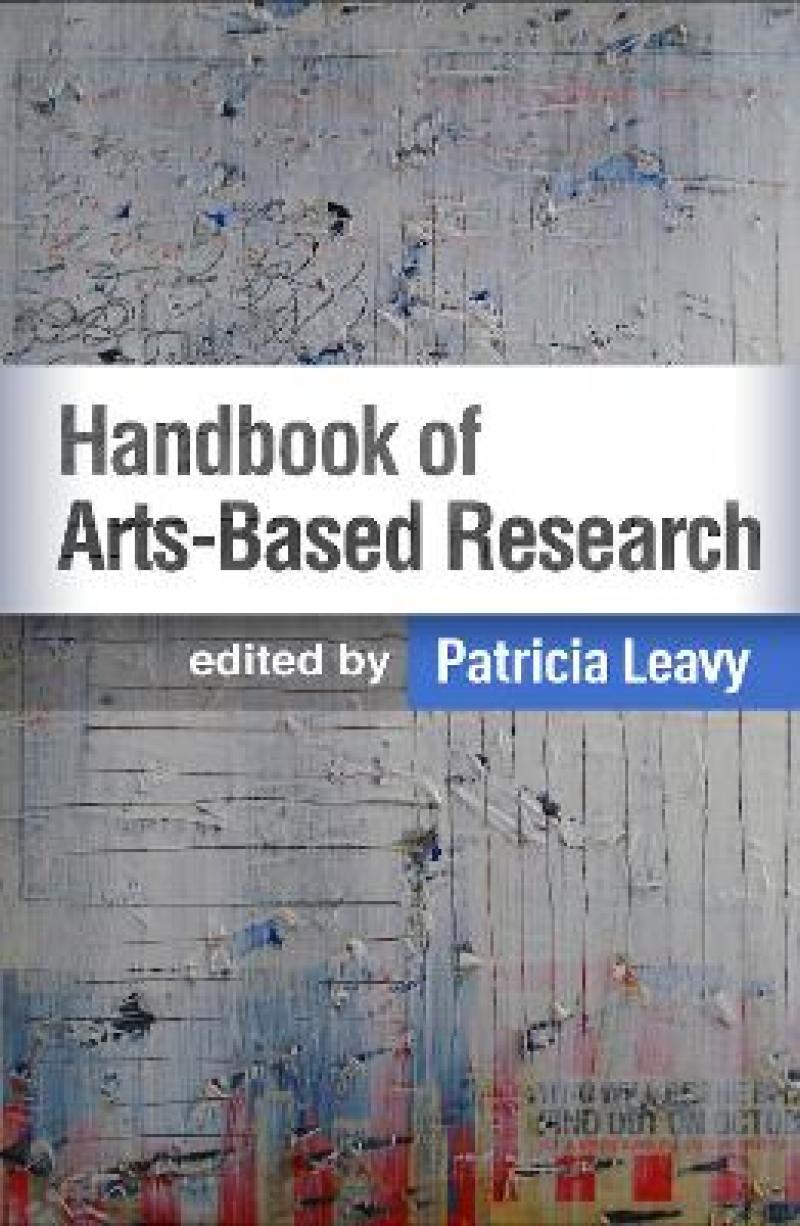"Renowned author and editor Leavy has assembled prominent artist-researchers--from educators to therapists and beyond--for this outstanding, innovative handbook. The volume surveys the philosophy and practice of progressive inquiry using literary, performative, and exhibited modalities. Contributors present rich guidance and compelling arguments for the role of ABR alongside more traditional research methods in the exploration of complex social worlds. Like exceptional art, this handbook has magnitude, quality, and significance for researchers and students across multiple disciplines, including the social sciences, education, health care, business, humanities, media, and fine arts."--Johnny Saldaña, MFA, School of Film, Dance, and Theatre (Emeritus), Arizona State University "With this handbook, Leavy not only helps to define the field of ABR, but also encourages readers to imagine new ways of conducting and appreciating research. Beautifully rendered chapters describe the emergent, diverse world of artistic inquiry, and balance the conceptual with the practical. The volume guides researchers and students to bring both creativity and vigor to producing works of scholarly art."--Ronald J. Chenail, PhD, College of Humanities and Social Sciences, Nova Southeastern University "Written in an accessible and inspiring style, this handbook is ideal for graduate students who are searching for new ways to participate in creative knowledge construction, representation, and dissemination, with the potential to reach an audience beyond academia. As a supplementary textbook in my qualitative research methods course, the book inspires students to move beyond traditional qualitative paradigms. I have used it as the basis for individualized research projects over the course of a full semester. As I prepare to teach a graduate-level course on arts-based methodology next year, I plan to use this handbook as the primary text, with certainty that it will ignite student innovation in research."--Moshoula Capous-Desyllas, PhD, MSW, Department of Sociology, California State University, Northridge "Leavy, a champion of ABR, has gathered leading scholars from around the world in this welcome contribution to our rapidly growing field. She uses ABR as an inclusive term that encompasses the myriad current approaches to creative scholarship. The Handbook offers chapters on various methods and genres, as well as chapters on practical issues that will help both emergent and established researchers explore and expand their craft. Traversing scholarly disciplines and art forms, this volume ushers ABR into its own as a new paradigm for research. It is a gift for anyone with a passion for bringing artistry to research."--Diane Conrad, PhD, Department of Secondary Education (Drama/Theatre Education), University of Alberta, Canada "Famed educator Albert Cullum once said of those who saw the arts as a waste of time that they were 'all formula and no soul.' If only Cullum had had at his disposal this superb, reader-friendly handbook for researchers, students, and others interested in how art in its various forms intersects with knowledge in disciplines such as education, psychology, and neuroscience. This is a work that will be read, reread, and referenced often, and that will help academics of all types understand and explain clearly to others how art can work to combine both 'formula' (that is, research analysis) and 'soul.'"--David A. Almeida, EdD, Department of Special Education, Bridgewater State University, Massachusetts -The Handbook brings together the wisdom of more than 30 contemporary scholars working in the ABR field; using a similar framework to Method Meets Art, the Handbook takes Leavy's emphasis on diversified fusion a step further. The Handbook presents a collection of innovative essays that show the results that can be achieved through ABR with its variety of different perspectives….The sharing of experience makes the Handbook a useful collection of practical 'how-to' articles, which help to plant seeds of inspiration in the minds of other researchers who are considering making use of ABR.--International Journal of Arts Education, 12/01/2017
Les mer
